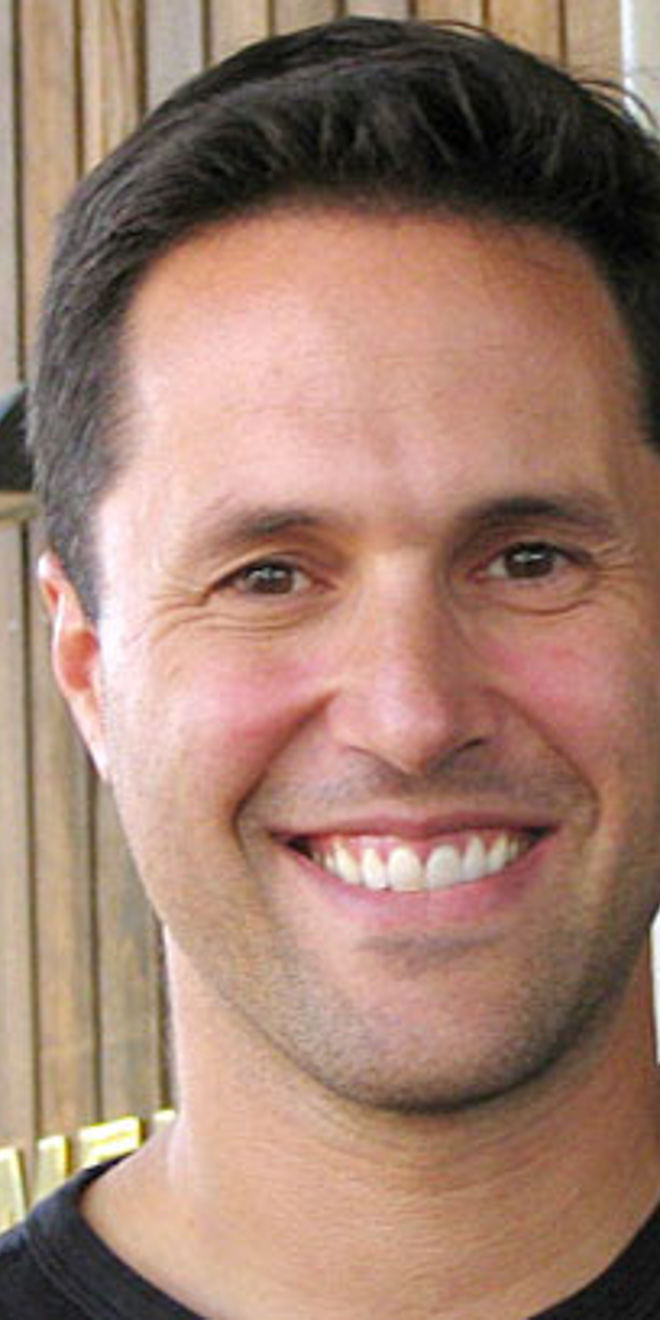Earth System Science Professor Greg Asner received the 22nd annual Heinz Award from the Heinz Family Foundation earlier this month for his work in applying ultra-high resolution technologies to analyze different ecosystems. He has used the technology to analyze forests and coral reefs in what the Heinz Foundation called “unprecedented detail” from the air, capturing everything from trees’ branches to the ground’s carbon content. His research explores the impact of environmental challenges such as deforestation, climate change and land degradation. As a part of the award, Asner will receive an unrestricted cash award of $250,000 intended to help him to take innovative risks with his research. The Daily interviewed Asner about his research and interests.

The Stanford Daily (TSD): What is your research background, and what got you into research?
Greg Asner (GA): I completed my undergraduate degree in engineering and physics, [did] a masters in geography and [did my] postdoctoral studies at Stanford in biology. I was lucky to grow up outside and observe the world as a kid. My mom said I was hooked on nature at a very early age. When I was a kid, around 7 or 8 years old, I had to have rainforest wallpaper, which I take as an indication that I loved nature early on. I think my interest in science also piqued while working for The Nature Conservancy in Hawaii, where I learned a lot about the challenges that make ecosystems uninhabitable. From this experience, I learned we cannot separate nature from humans.
TSD: How does your research play into scientific policy?
GA: So far, the mapping and analysis of tropical forests has played roles in national and international efforts, especially with climate change. I’ve also expanded my research to include coral reefs. I grew up with water diving, so I’ve spent thousands of hours under the water and have seen many coral reefs degrade. I want to take what we learned from managing forests and apply them to coral reefs.
TSD: What does an average work day look like for you?
GA: I’m lucky because I get to do so many different things. I get to work with a team that I care about and can help grow, which includes new students from Stanford and postdocs from Carnegie. I also get to work in both the field and the lab to make discoveries.
TSD: What does getting the Heinz Award mean to you?
GA: It means the world to me. I was in complete shock when I heard I won the Heinz Award. This type of award is an acknowledgement of the work of my team, and it has been recognized as having an impact on how we understand the ecosystem.
TSD: What are some challenges you think environmentalists face today?
GA: There’s a sense that there are problems with the environment that are so big that they are insurmountable. I work at a large geographic scale. The barriers at working at such scales with huge impact can cause people to turn back because there’s no hope; it’s not a blind position but a wrong position. Also, we are in a policy regime blind to the environment. There are pathways to success for understanding and improving ecosystems in general, and we should be aggressive in these pathways that may not be just government-based.
TSD: What advice do you have to students who are interested in pursuing or currently pursuing research?
GA: I recommend two things in parallel. The first is to get as much of a quantitative background as you can. There’s all different kinds of quantitative backgrounds, such as quantitative biology, computer science, physics, etc. But I would also recommend students to build experience and get involved with traditional training out in the lab or the field. This type of training tends to be solutions-based. This traditional training motivates students to get involved with more quantitative research, as sometimes when one is purely studying quantitative classes they don’t know where this information can take them.
This interview has been lightly edited and transcribed.
Contact Fan Liu at fliu6 ‘at’ stanford.edu.
